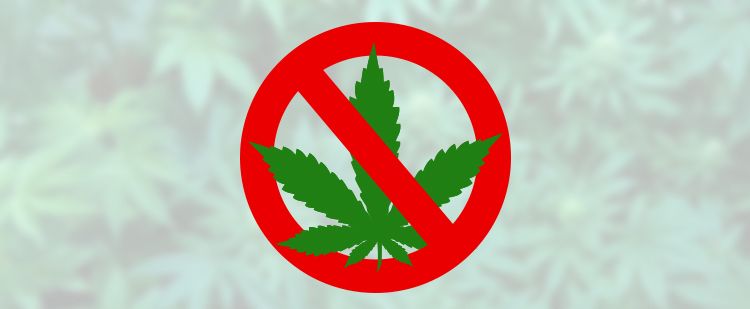More than 20% of adults in Austria have used marijuana and between 67-94% of the population believes that it should be legalized for medical purposes. However, the state of decriminalization in this Germanic nation remains in limbo as Europe figures out how to proceed on the overall question of ending prohibition. There is still no Austrian plan or model for decriminalization much less integrating the drug into the healthcare system.
That said, since September 2013, political pressure has been building – and with all six parties in political power – to change the status quo. For that reason, all eyes are on the 2018 elections, as it is expected that this issue will become a political referendum, especially as neighbouring Germany will have at that point, legalized medical use at the federal level due to rescheduling. Italy will be two years into its domestic grow program.

Legal Status
Hemp production for industrial and medical purposes is legal in Austria. This covers crops that are not more than 0.3% THC. One region in Northern Austria has begun to re-cultivate the plant for industrial use. Users can also purchase products containing the same. Production of cannabis, however remains legal only for state-owned and controlled entities. Punishment for consumption of cannabis is not a crime, but possession, growing it purchasing it and sharing it (even sharing a joint) are illegal. That said, Austrian law also makes clear distinctions between consumption – related offenses and dealing. As of January 1, 2016, any person caught with cannabis is required to undergo a medical evaluation to avoid criminal charges. In 2016, the current laws were also amended to make dealing in public a severe felony after the rise of street selling in Austria’s larger towns.
However Austria has many grey areas in the law. Possession of seeds is not illegal, nor is cultivation of non-flowering plants. This has led to a booming business of producing what are called “cuttles” – unfeminized cannabis plants. At the time of purchase, the seller will inform his customer that they must illuminate the plant on a full time basis otherwise the plant could bloom and therefore become illegal.

Medical Use
While actual bud cannabis remains illegal, the Austrians have been caught in the same bind that every other industrialized country has been caught in since it became clear that cannabinoids do in fact have medical use. As a result, very much like the U.K., for example, synthetic and pharmaceutical products containing the same are available with a prescription from a doctor – including dronabinol and Sativex.
Given the high price of these drugs, however, and the presence of liberalizing Germany next door, it is unlikely that this situation will continue post 2018. The fact that Germany will sanction the use of the drug as a legitimate medical substance this year means that pressure is on Austria to rethink its drug policies – certainly from a medical perspective – and in the present.

Why Would Change Come?
European countries have a far more comprehensive approach to integrating medical marijuana into their healthcare systems than the U.S. currently does. After Germany reschedules the drug in early spring, this will set a precedent across the EU that many expect Austria to follow in some form or fashion. What happens next is entirely up in the air at this point.
It could be that the Austrians will begin importing the drug before comprehensive integration (much like Germany began doing). It could be, especially given the hemp culture in Austria, that the government will begin growing government controlled supply similar to what is going on it Italy right now.
Why Will Change Come?
There are a couple of simple explanations to this. The first is that there is clear evidence that cannabis has medical application, and even more evidence that native populations are fed up with the status quo. This attitude is seen widely across the EU much as it is in the U.S. – popularly elected governments are not responsive to the needs and wishes of the populace. The second is, although there is less evidence (as of yet) but this is clearly in the offing, that cannabis will dramatically lower the overall cost of healthcare – and for everyone. In Europe there is far more of a political mandate to implement strategies that will do the same because health systems are comprehensive. The chronically ill in every country (including the U.S.) cost the public healthcare system the most and their numbers are growing.

This means that drug imports of cannabis, while a temporary stop-gap solution towards real medical integration, are by definition, time limited. It is more expensive to import drugs used widely than to produce or in this case, grow them domestically.
For that reason, it is highly likely that Austria will implement its own reforms and in fairly short order (by the end of 2018) as EU moves towards comprehensive cannabis reform.
How do you see Austria’s implementation of marijuana reforms?
Tell us your thoughts in the comments below.
- Guenter Weiglein – The Persevering Patient - July 7, 2017
- Dr Peace – A German Cannabis Doctor On The Go - July 5, 2017
- The German Marijuana Edibles Market - July 3, 2017


